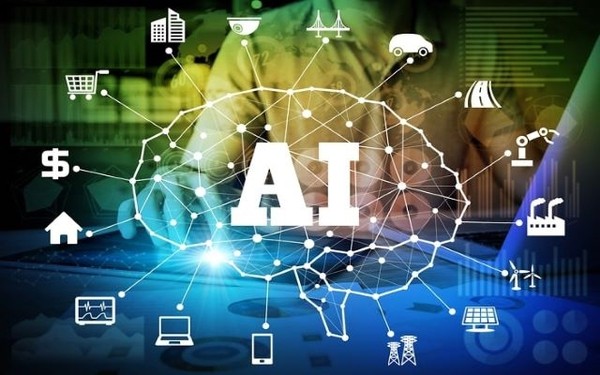
According to the article, the Vietnamese government is taking steps to support the development of AI, with initiatives that foster innovation and entrepreneurship. The government is investing in research and development, providing tax incentives for companies that adopt AI technology, and supporting the growth of the startup ecosystem, it noted.
Vietnam has also set up several AI Centres of Excellence in universities and research institutions to encourage the development of AI technology. The centers provide support and resources to researchers, and collaborate with industry partners to develop AI solutions for various sectors.
The article also underlined the impacts of AI on health care and agriculture in Vietnam.
However, it held that AI will pose challenges to the Vietnamese labour market. While AI will create new and more dynamic job opportunities, it is also likely to disrupt existing employment. For example, the use of robots is growing, and it will become possible for robots and machines to perform many tasks that are now being performed by humans. This will result in job losses, it explained.
The article stressed that there will need to be appropriate regulations and policies to ensure that AI is used ethically and responsibly, while suggesting some issues need tackling, including privacy and data protection, intellectual property, liability and accountability.
